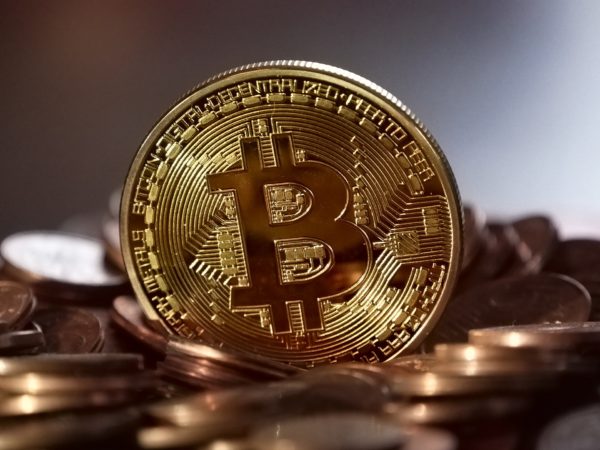How Blockchain Technology Will Impact Your Life
If you ever watch financial news channels or catch up on the times via sites like Forbes, you’ve definitely heard of the blockchain/bitcoin wave. Even if you have a slim understanding of what the technology is and does, it’s hard to really know unless you’ve used it. In simplistic terms, blockchain is a type of distributed ledger technology, better known as DLT. Bitcoin is a cryptocurrency that operates on the blockchain technology. The ledger is basically a giant database that allows all participants to view the real-time updates made by encryption and unique digital signatures. The principal behind the technology is that the middle man is eliminated and there’s greater transparency between users.
Blockchain technology has potential use in many industries other than the cryptocurrency one. There’s hope that the technology can be put to good practice in the social impact sector, banking, cyber security, communication, healthcare, and rental industry. The possibility of this sort of expansion is causing interest in blockchain hedge funds. Forbes has listed the 10 largest companies in the world who have begun investing in the technology. They include: Industrial and Commercial Bank of China, China Construction Bank Corporation, JPMorgan, Berkshire Hathaway, Agriculture Bank of China Limited, Bank of America, Wells Fargo, Bank of China, Apple, Ping An Insurance. There are others on the long list of companies waiting to make their move into the blockchain sector and crypto hedge funds as well.
Kage Spatz, a strategist and the CEO of Spacetwin articulated how blockchain technology is going to be used. He describes how the shift from having one person or company owning information to having decentralized and distributed data will be used in ways most of us won’t even comprehend but will continue to use. The banking systems are the number one target because eliminating banks and integrating blockchain will allow people to exchange and transfer money without the time lag, fees, and middle man labor. In order to avoid becoming obsolete, banks are working on utilizing the technology to make their systems better.
Spatz points out that the Internet of Things will be another target and a channel through which many people will be impacted by blockchain technology. The Internet of Things (IoT) is more of a concept than a product and has to do with the interconnecting of separate devices. Internet access is becoming faster and less expensive, and therefore products we all use like lamps, doorbells, refrigerators, headphones, and smart phones are becoming more connected to each other. Currently, these connections operate centrally, leaving them exposed to hackers and security breaches. With the use of DLT like blockchain, the operations between the devices will be much safer in respect to encryption and cryptography.
A very exciting use of blockchain in the future is within the Government. The main idea of the technology is transparency, distribution, and data viewed in chronological order. With a distributed ledger, users could be confident in vote counts and other data involving government funded activities and handouts. The system would also be much more secure than current technology, although it is state of the art. Cryptography could eliminate potential domestic and international breaches.
Medium.com published an image of a web regarding the different uses of blockchain technology. They note that “the [list] is always incomplete, as new innovators across the industry spectrum are finding novel ways to leverage blockchain technology.” The current list includes, but is not limited to: travel, real estate, transportation, music streaming, healthcare, media, marketing, legal, law enforcement, human resources, gun safety, energy, forecasting, credit history, cloud storage, charity, and even education.
Blockchain technology can be intimidating to new users, so it’s integration will be slow due to consumer resistance. It will however make transactions and other process much more efficient, safe, and even cheaper. Technology will undeniably adjust to use blockchain to it’s maximum potential, it’s just a question of when.

















